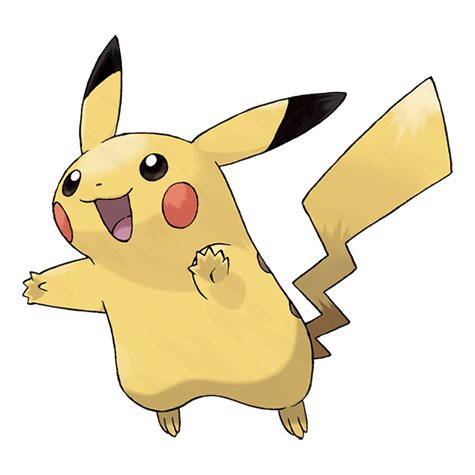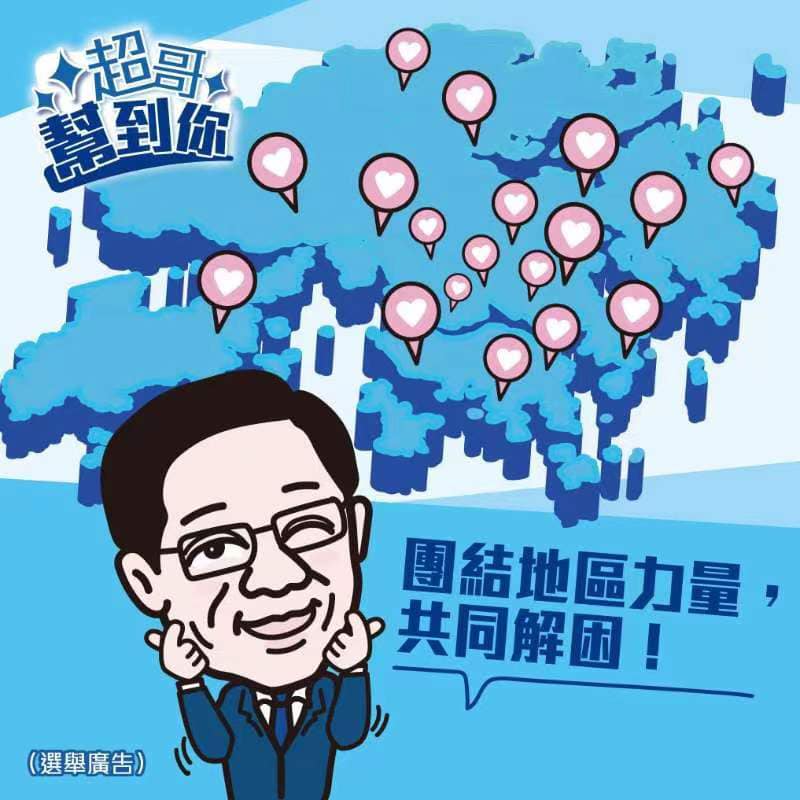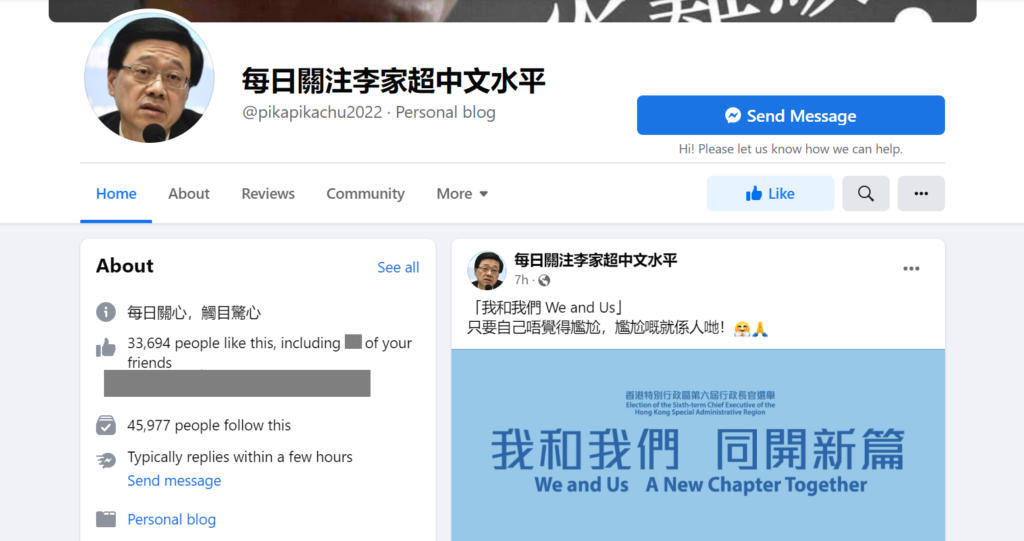A small-circle election committee will pick Hong Kong’s next leader this Sunday and they have a pretty easy choice, because only a single candidate is running. Having already secured 786 nominations from the 1,454-member committee, the sole candidate for the next chief executive — John Lee — appears all but elected, needing just 751 or more votes to seal the deal. Ahead of the poll, here are seven things to know about Lee.
1. He was the city’s no. 2 official up until last month and is a former police officer
Lee joined the Hong Kong Police Force when he was 19, after completing his secondary education. He rose to deputy commissioner of police in 2010. In 2012, he joined the government as first under secretary for security, then served as the secretary for security from 2017 to 2021, and chief secretary from 2021 to last month.
2. He comes from a humble family background
In his campaign speech, Lee said that growing up, he lived in public housing and that he has “experienced first-hand the hardships faced by the grassroots community.”
He also recently revealed that he is Catholic, having studied at Wah Yan College, Kowloon, an elite boys’ school run by Jesuits.
3. If elected, he wants to explore a new scheme that would allow people to move into new public housing flats before all supporting infrastructure is completed
Housing is one of the most pressing issues faced by Hongkongers, with hundreds of thousands estimated to be living in subdivided flats with compromised safety and hygiene standards. However, the average waiting time for general applicants wanting to acquire a public rental flat in the city is currently six years. To tackle this problem, Lee proposed in his manifesto exploring a new scheme that would allow people, who are willing, to move into one or two blocks of a public rental housing estate before all supporting facilities in the neighborhood are completed. This, he said, would reduce wait time by about a year.
4. Many see him as a high-handed figure
As the secretary for security in 2019, Lee was instrumental in pushing the controversial bill that would allow for the extradition of Hong Kong residents to jurisdictions including mainland China. The bill — which has now been withdrawn — sparked months of mass protests. Lee also oversaw the police’s controversial handling of the demonstrations, which saw more than 10,000 tear gas canisters fired at protestors, as well as live ammunition, water cannons, rubber bullets and bean bag rounds used. He is also a key figure in the enforcement of the national security law in Hong Kong, which critics say curtails freedom of speech, that was put in place following the unrest.
But some have said that there is another side to Lee. For example, Tik Chi-yuen, the lawmaker for the social welfare constituency, said Lee was open to others’ opinions and willing to back down the last time he worked with the chief executive hopeful. Lee also struck a more reconciliatory tone in his recent campaigning, saying he would absolutely give youth arrested during the 2019 protests a second chance to re-enter and contribute to society.
5. He is sanctioned by the United States
In 2020, the US imposed sanctions on Lee for undermining Hong Kong’s autonomy and restricting the freedom of expression or assembly of the people of Hong Kong.
This means that if he has any property or interests in property that are in the US or in the possession or control of US citizens, they are blocked and must be reported to the country’s Office of Foreign Assets Control.
Last month, Lee’s official campaign channel on YouTube was taken down, with the video platform’s parent company, Google, citing the need to comply with the sanctions.
6. His nickname is a famous Pokémon species

Many on social media have begun referring to Lee as Pikachu, the iconic yellow Pokémon, because it sounds similar to his Cantonese name – Lee Ka-chiu.
Perhaps trying to shed this association, Lee and his team have come up with a caricature of their own, which translates as Brother Chiu – an affectionate way of addressing someone you respect in Hong Kong.

7. Some have questioned his Chinese language proficiency

There is an entire Facebook page, which has more than 33,000 likes and more than 45,000 followers, that is dedicated to reviewing Lee’s Chinese language abilities. The page suggests there are grammatical and expressive issues with his statements and proposes easier-to-understand phrasings.




